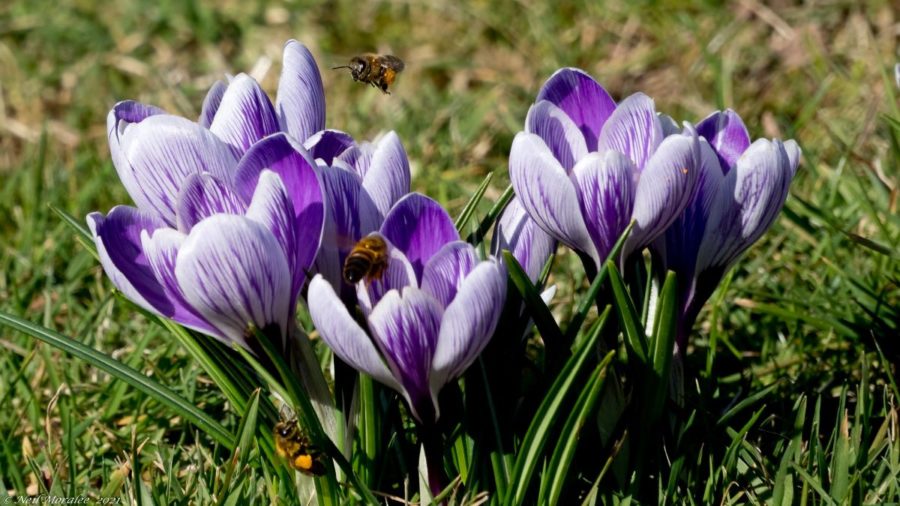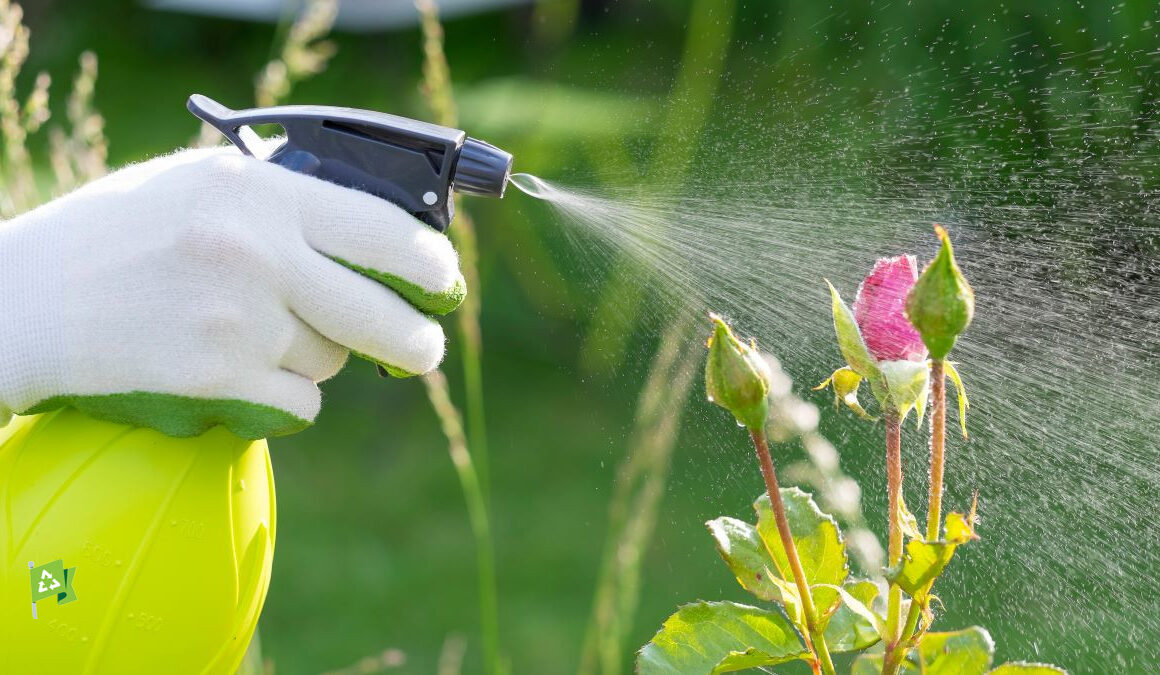Earth Action: Dispose of Pesticides
Because we shouldn’t only act for the Earth on April 22, Earth911 is honoring the 52 years that Earth Day has been inspiring action with 52 Actions for the Earth. The Earth Day theme this year is investing in the planet. Each week from Earth Day 2022 to Earth Day 2023, we will share an action you can take to invest in the Earth and make your own life more sustainable.
This week, you can invest in the Earth by protecting bees.
Action: Dispose of Pesticides
Benefits of Bees
Honeybees contribute to the pollination of 84% of the crops grown for human consumption (a third of all the food we eat) as well as many crops grown for livestock. The commercial value of honeybees in the U.S. alone has been estimated at over $15 billion per year. Meanwhile, native bumblebees and solitary bee species are even more efficient pollinators of wildflowers and native plants. Bees are a keystone to both agriculture and ecosystems.
Colony Collapse
But populations of honeybees have dropped a shocking 90% since the ‘90s due to Colony Collapse Disorder (CCD). Although the mass die-off seems to have stopped, numbers are still low, and it will take years to rebuild the honeybee population to healthy levels. The causes of CCD are still unexplained, but researchers think it results from a combination of stressors including parasites and pesticide use.
CCD only affects European honeybees, but nearly a quarter of native bee species are also experiencing population declines and range reductions. Native bee species are being affected by habitat loss and fragmentation as well as – you guessed it – pesticides.

Pesticide Pollution
You don’t need to keep your own hive or convert your lawn into a wildlife habitat (although those are both great things to do) to help bees of all kinds thrive. The most important thing you can do to support bee populations is to eliminate pesticides from your garden. A class of pesticides called neonicotinoids is particularly harmful to bees and many of them have been banned in the European Union. They are still permitted in the U.S. despite repeated attempts to ban them. Although still legal, EPA advises homeowners against their use and proposes to ban the use of one of them, imidacloprid, on residential lawns and turf.
Clean Up Your Pesticides
For the benefit of bees (and humans and other wildlife), home gardeners should look for nontoxic pest control alternatives and practice organic gardening.
This week, go through your basement, garage, or garden shed and collect all the pesticides. Check their ingredients lists for the following:
- acetamiprid
- clothianidin
- dinotefurandis
- imidacloprid
- thiamethoxam
- sulfoxaflor
- flupyradifurone
- fipronil
Do not dispose of these pesticides in the trash. Contact your local solid waste utility and follow their policy for disposal of household hazardous waste (HHW). Many municipalities will collect HHW for free; elsewhere, companies like Clean Harbors and Waste Management accept HHW for a fee. If there is no safe local disposal program where you live, use up the rest of the pesticide by following the directions carefully. Then recycle the empty container.


